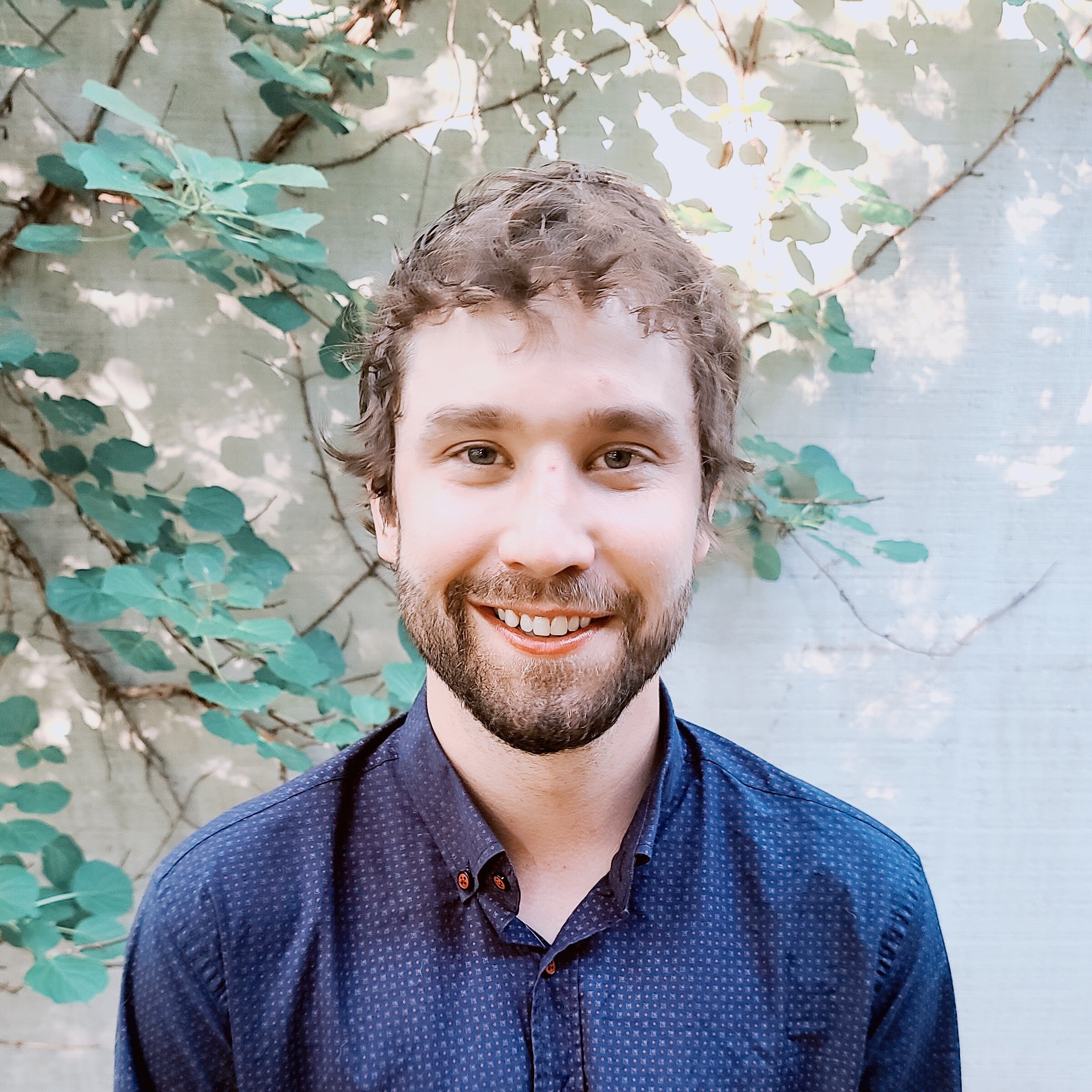WEST METRO 512664872
Hopkins mental health clinic offers same day and walk-in therapy
Birch Counseling aims to reach patients who are in the midst of emotional unrest.
By Katy Read Star Tribune
JULY 12, 2019 — 8:08PM
Maybe a spouse walked out on them, they lost their job, they found drugs in their kid’s bedroom — or all of the above. People in crises over life events often want to discuss them with a mental health counselor right away, but many therapists and clinics are booked days or weeks out.
Birch Counseling walk-in clinic in Hopkins opened in May to provide same-day counseling. Clients can call for an appointment, request one on the clinic’s website or just show up. It’s designed to help people cope with emotional turmoil when they’re experiencing it.
“The need is there,” said counselor Christa Surerus, founder of Birch Counseling, which also operates traditional clinics in Hopkins and Golden Valley. “People call in and say, ‘I need to be seen; I can’t wait three weeks — I can’t wait.’ ”
“Anyone can have a crisis,” said James Mallon, a licensed mental health counselor at Birch who is also Surerus’ husband.
So far the clinic’s four counselors have seen at least 100 walk-in clients. More than half were first-timers to therapy.
Surerus sees Birch as the equivalent of an urgent care clinic but for mental health issues.
Although most walk-in clinics see clients with problems of varying severity, including people posing immediate physical danger to themselves or others, Birch focuses primarily on the milder end of the continuum.
Its clients often face the sorts of personal crises that many people experience at some point in their lives, such as job loss, major illness, marital and family problems, and addiction.
A few other mental health clinics in the metro area also can accommodate walk-in patients, who may have to wait for a cancellation or no-show to create an opening later that day.
“We have walk-and-wait at all of our sites, and we have a mobile team that can go out and fill in the gaps if in fact there are people in the lobby at the end of the day,” said Jill Wiedemann-West, CEO of People Incorporated Mental Health Services, which offers four outpatient clinics in Minneapolis, St. Paul and Coon Rapids. “We kind of build all of that in so we’re pretty assured that it would be very, very rare that someone would come in and not talk to [a therapist].”
The more places that offer immediate services the better, said Jin Lee Palen, executive director of the Minnesota Association of Community Mental Health Programs.
“Access is an issue everywhere, so the more places we can find for people to get services when they need them, the better,” she said. “We do need to see more of that, making it easy. We’ve been pushing for urgent cares to take mental health clients for many years.”
Even seemingly ordinary problems can have serious consequences. Since 1999, national suicide rates have increased by 33%, to 14 per 100,000 people. In Minnesota, the increase has been more dramatic, with rates over that same period soaring by 53%, from 9 per 100,000 people to 13.8 per 100,000, according to the state Department of Health.
Theories for the rise in suicide rates range from stress due to current politics to despair over climate change to peer pressure on social media, Surerus said.
More than half the people who die by suicide have no previously diagnosed mental health issues. According to the Centers for Disease Control and Prevention in Atlanta, relationship problems are a factor in more than 40% of suicides.
“A guy in crisis last week couldn’t get into his regular therapist for a week and a half,” Mallon said. “He left here with his anxiety lower. He felt heard out.”
Katy Read is a reporter covering Carver County and western Hennepin County. She has also covered aging, workplace issues and other topics for the Star Tribune. She was previously a reporter at the Times-Picayune in New Orleans, La., and the Duluth News-Tribune.
katy.read@startribune.com 612-673-4583















